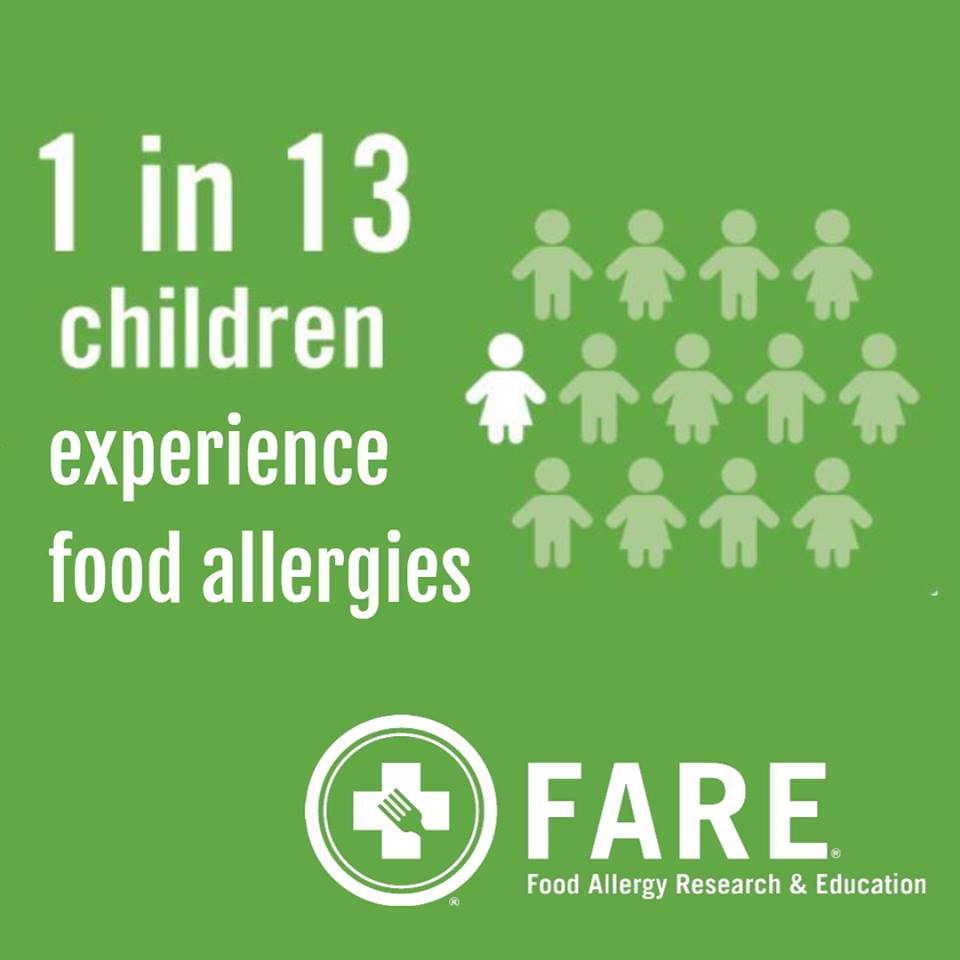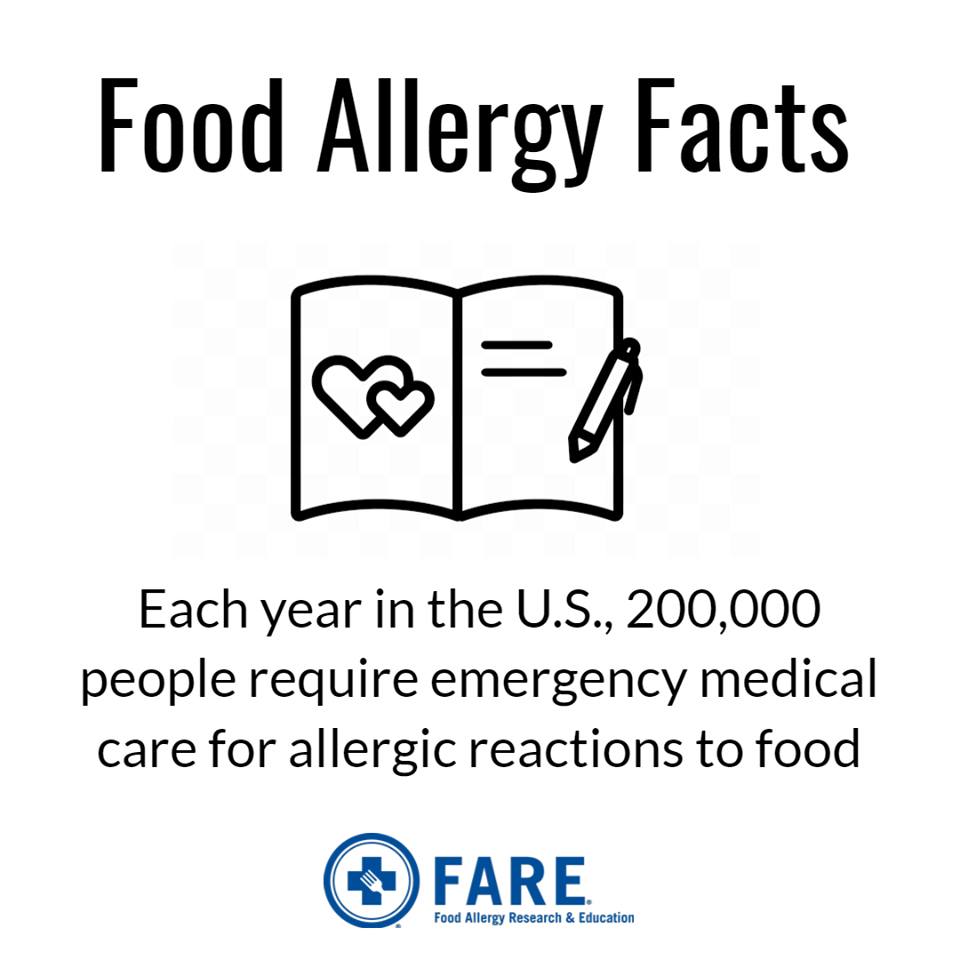With increasing prevalence of food allergies among children, the need for evidence-based and simple yet comprehensive training for schools on caring for students with food allergies is critical. Food Allergy Research & Education (FARE) is addressing this need with an online course to help school personnel learn how to create a safer and more inclusive environment for students with food allergies.
Aligned with the recommended best practices found in the “Voluntary Guidelines for Managing Food Allergies in Schools and Early Care and Education Programs” previously released by the Centers for Disease Control and Prevention (CDC), FARE’s “Keeping Students Safe and Included” provides a much-needed training program that is easily accessible online for free and will improve understanding of the severity of food allergies among school staff who take the course.

“The CDC’s guidelines call for strong leadership in schools and partnerships among staff, families and medical providers to ensure that students with food allergies are protected and included. Unfortunately, we routinely hear from parents who have experienced a number of challenges with managing their child’s food allergy while at school,” said Carlea Bauman, vice president of Education and Community Initiatives at FARE. “Our new training course will provide educators with a foundation on the topic of food allergy, but importantly, it will also demonstrate how schools can implement a food allergy management plan that addresses safety and inclusion.”
With the training course, FARE has created a resource that gives school personnel and parent volunteers choices about how this presentation can be delivered. Schools can opt to watch a narrated training video, or volunteers/school staff can deliver the presentation using slides, a presenter guide and presentation tips. The course concludes with a 10-question Knowledge Check, and participants may print out a certificate of completion if they pass the quiz.
In updating this training for K-12 audiences, FARE has worked to increase the interactivity of the course and to restructure the content to allow learners to focus on information about food allergies that is most applicable to them. To access the course, please visit foodallergy.org/k12







